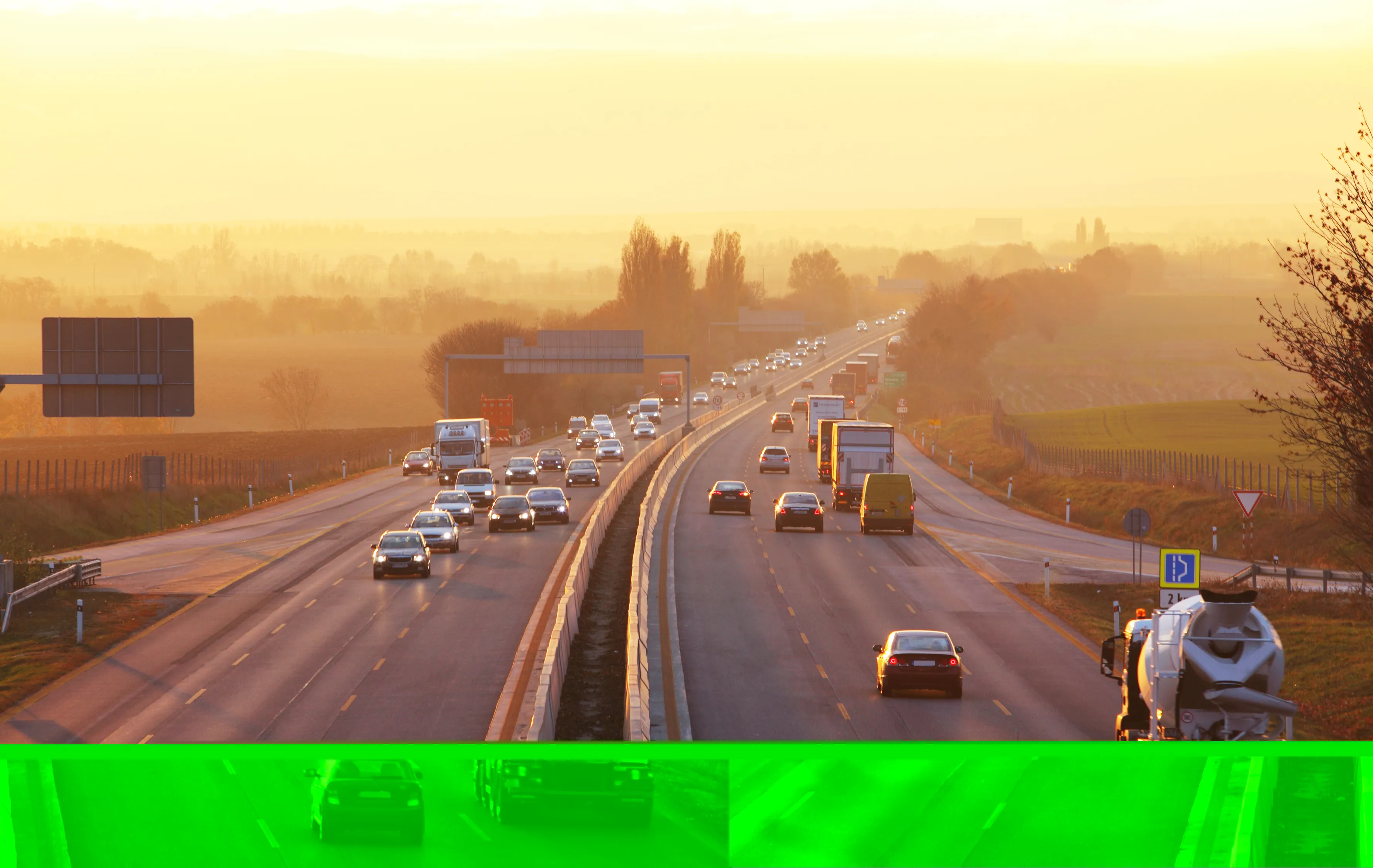
French start-up SequoIA Analytics plans to use information from roadside fibre-optic cables to measure vibrations that will indicate traffic congestion in near real-time.
SequoIA Analytics is part of the Inria Startup Studio programme hosted by Inria - National Research Institute for Digital Science and Technology. The company says it has successfully used DAS technology – distributed acoustic sensing – in a small test project along the Voie Pierre Mathis bypass around Nice, southern France.
According to a recent report in the French newspaper Nice-Matin, SequoIA Analytics tapped into the roadside fibre-optic cable to gather over two months. Back in the lab, the information was analysed offline.
"This experiment has proven that it works,” said Daniel Mata Flores, project leader with SequoIA Analytics. “We use a recent optical technique, DAS, which makes it possible to transform these cables into thousands of acoustic sensors. We are thus able to measure vibrations produced by road traffic.”
SequoIA Analytics is now in the process of constructing software for a much larger project, he said. The software developed in collaboration with the Nice Côte d'Azur Metropolis should be ready at the end of this year or early 2025.
DAS uses fibre optics to provide distributed strain sensing. In DAS, the optical fibre cable becomes the sensing element. The measurements are made and, in part, processed using an attached opto-electronic device. Such a system allows acoustic frequency strain signals to be detected over large distances and in harsh environments.
The company has said that its innovation could revolutionise road traffic management because it brings an unprecedented level of detailed information to road authorities. It is more precise than existing devices as it can provide measurements every 10m along an axis of up to 100km.
The Nice-Matin report noted that the company will use artificial intelligence algorithms to process the masses of data to determine traffic indicators such as speed, direction and anomalies such as accidents. Flores maintains that, unlike video surveillance cameras installed along arteries, generally spaced every 5-10km, the SequoIA Analytics system will provide unprecedentedly detailed information.
“This allows us to say every two minutes what is happening along the roads or highways. Two minutes is the time it takes to analyse and provide the indicators,” he said.
Beyond traffic, the technology developed by SequoIA said its technology could be used to ensure rail tracks are not damaged. "Trains vibrate the fibre deployed next to the rails. Railway tracks have natural frequencies and these can change if the track is damaged. In the future, we could monitor the condition of railway tracks, buildings or bridges,” said Flores.










